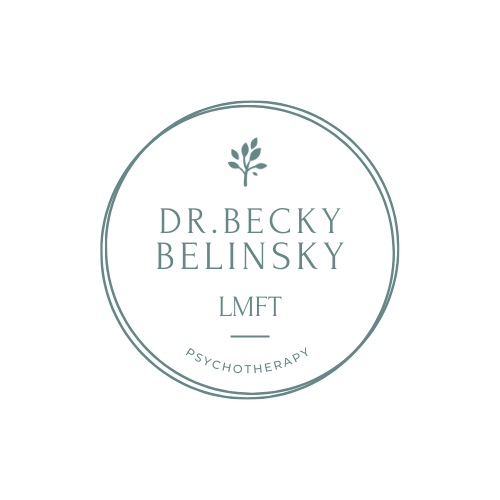FAQ about Therapy
What will our first session together be like? What happens in ongoing sessions?
I see the first session as an opportunity for both of us to get to know one another. I'm a collaborative and flexible therapist, so if there's something on your mind we start there. If you want more direction in your sessions, we'll usually explore the reasons you are coming to therapy, what you hope to gain from our work together, and explore some background and history.
As we continue, I let you guide the content of our sessions together. Sometimes clients have something they specifically want to talk about that's happened recently, and other times we'll explore more about your past or patterns and themes we've noticed together. There is no one "right way" to approach therapy, and I am always open to meeting you where you are at.
How long do clients typically see you for?
I see clients for anywhere between a handful of sessions to a few years. Sometimes people come to me with a specific issue or need extra support during a challenging time in their lives. Others are looking for longer-term depth therapy and find the consistent exploration of themselves valuable. Most of my clients stay in therapy for at least 6 months or longer.
Do you assign “homework” between sessions?
I don't assign homework as a rule, but I do have various books, worksheets, and videos that I suggest to clients if it's something I think you would find helpful. When I do offer resources, I don't see them as "homework" that you have to complete, but instead resources that can supplement our work together. I'm more interested in whether or not you find them helpful and why, rather than if you do them or not.
How do you help ensure I'm making progress in therapy?
As a collaborative therapist, I always welcome feedback of any kind. You can trust that you can share with me your thoughts and feelings about how the work is going at any time, and I will also check-in occasionally to make sure that our work is feeling helpful to you and that you feel you are working towards your goals. Often these goals can change over the course of therapy, so I like to also check to see if we ever need to adjust our focus.
How do I know that it’s time to start seeking therapy?
I may be biased, but I think any time is the right time to start therapy! In my personal and professional life, I have seen how helpful and healing therapy can be, no matter what you are struggling with. Usually, I think it's helpful to seek therapy when you've been struggling with something for a while and have tried different ways to manage it on your own and still feel stuck. This is a sign that something isn't working and that you may need extra support from a trusted professional.
How can I prepare for our first session?
For our first session, all you have to bring is yourself. The first session can be scary since it may be your first time in therapy. Even if it's not, therapy is essentially opening up to a complete stranger! You can trust that I understand how difficult and uncomfortable it can be and that I will do my best to put you at ease and make you feel comfortable.
To mentally prepare, you can think about any questions you have for me (about myself or the process) and think about any concerns you may have about therapy. Know that I don't have any expectations about the first session, nor do I think there is a "right" way to do therapy. I will meet you wherever you are at and am just excited to get to know you and figure out how I can support you.
Why should I seek therapy rather than turning to my partner, friends, or other loved ones?
Therapy is unique in that for many people it is the only space that is just about you. While friends and family can be supportive and helpful, a therapist has the ability to be more objective and is only thinking about what is best for you as the client. A therapist also has specialized training and expertise in what you are struggling with and can be more effective in helping you cope with challenges and create meaningful change.
